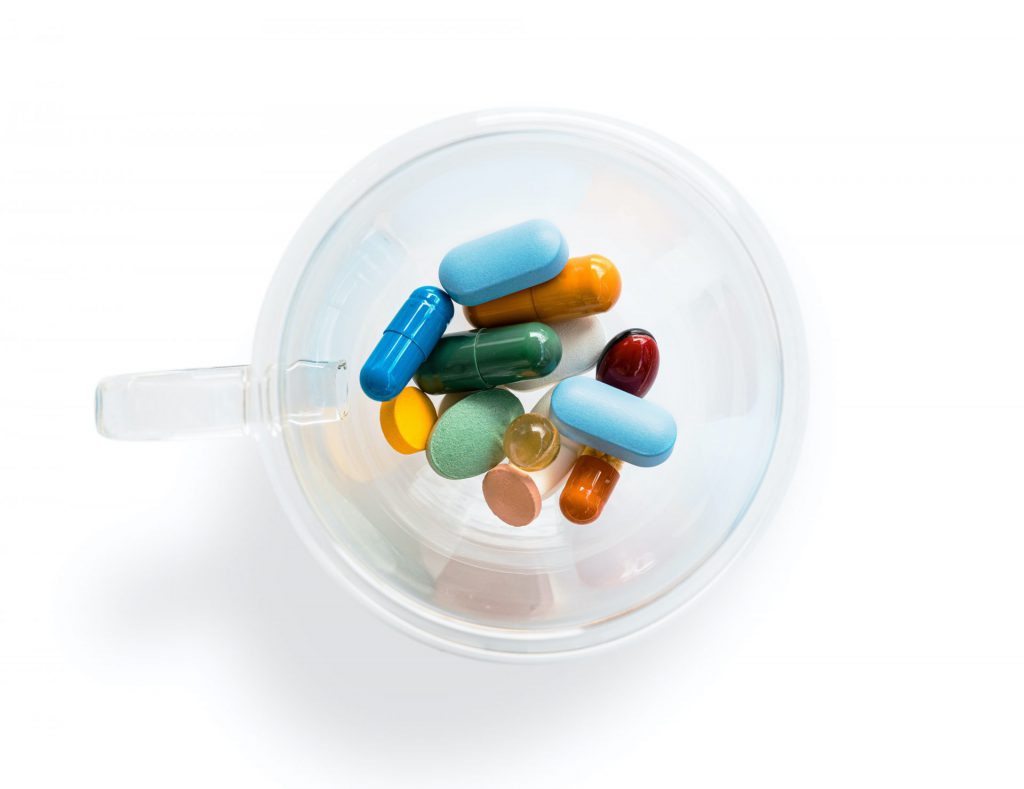A drug allergy is a specific type of reaction that refers to the immune system’s response to a drug. These responses are further classified based on the nature of the reaction and when they occur after the drug is taken. An “adverse drug reaction” is a more general term used to describe any unusual reaction to a drug. Allergic drug reactions only account for approximately 6 to 10% of all adverse drug reactions.
The majority of drug reactions are side effects because of how the drug works and are not related to your immune system’s response to the drug. If the reaction is concerning for a possible drug allergy, then you should be seen by a board-certified allergist for further evaluation.

The most common symptoms of an allergic reaction include hives, itching, flushing, swelling, wheezing, vomiting or diarrhea, and low blood pressure. Patients can develop this type of allergy to a drug they have previously taken or a new drug.
Most Common Drugs that Cause an Allergic Reaction
- Penicillin and related antibiotics
- Antibiotics containing sulfonamides (sulfa drugs)
- Anticonvulsants (anti-seizure medications)
- Aspirin, ibuprofen and other non-steroidal anti-inflammatory drugs (NSAIDs)
- Chemotherapy drugs
- Monoclonal antibody therapy
Frequently Asked Questions About Drug Allergies
After gathering a thorough history regarding the drug reaction and performing an exam, a board-certified allergist might recommend allergy testing. Allergy testing is considered when there is a history of an allergic reaction to a drug that occurred within a few hours of the drug being taken. Not every drug is available for allergy testing, so a board-certified allergist will determine what testing will be beneficial.
At this time, there is not a specific treatment available for drug allergies. Avoidance of drugs known to trigger allergic reactions is recommended. However, if a patient requires a specific drug for treatment that they are allergic to, a board-certified allergist can provide and facilitate a desensitization protocol.
Schedule an Appointment
If you believe you have a drug allergy, schedule an appointment with Charleston Allergy and Asthma today. One of our board-certified allergists can help determine the next steps in managing your drug allergy.
